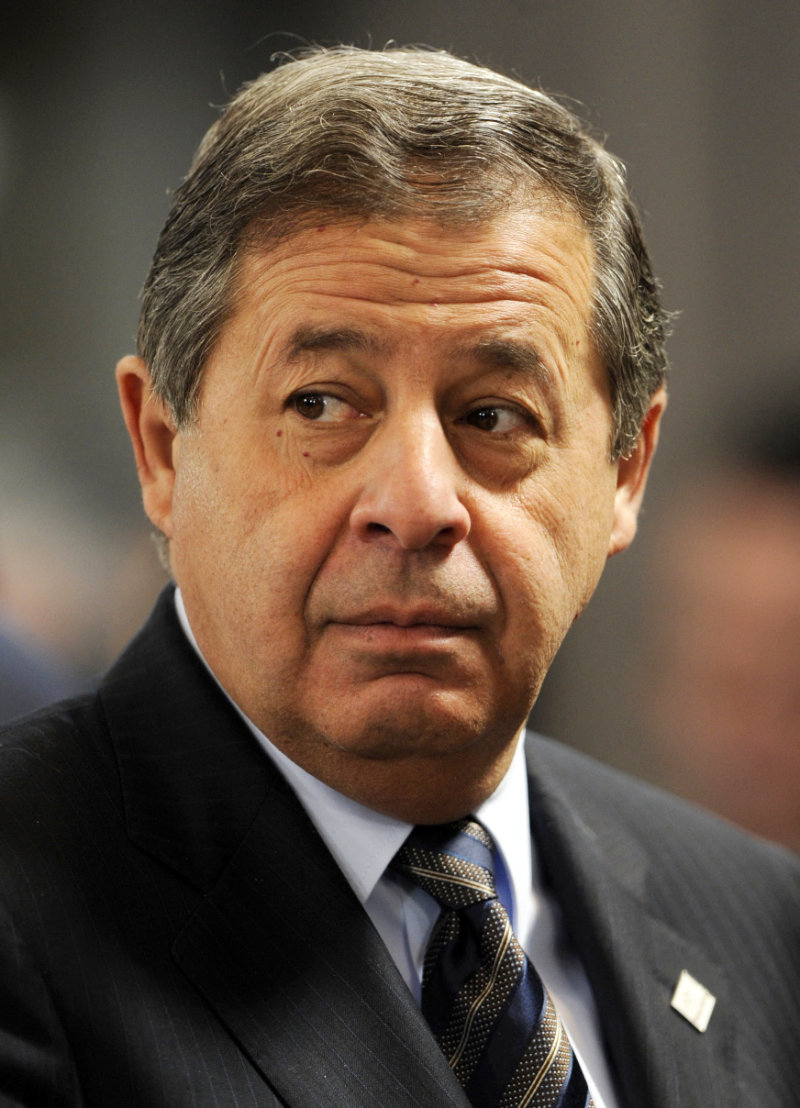https://arab.news/8dtnd
- Rachid Mohamed Rachid says he is skeptical about the trade policies pursued by top global economies
- Direction taken by the Gulf states is “creating a positive vibe,” Alsara Investment Group founder tells Arab News
DAVOS: Rachid Mohamed Rachid, Egypt’s former minister of trade and industry, has warned against the risks of moving away from the global economy, saying that “a lot of what we have enjoyed as consumer societies in the last 10 to 20 years has been due to globalization.”
Speaking to Arab News, the founder of Alsara Investment Group — one of the leading companies operating in the area of consumer goods, luxury, and fashion — said that governments worldwide should rethink their approach to trade to avoid “pulling back” what has been built over the last few decades.
Rachid said: “Globalization, unfortunately, even before the pandemic, has been facing very serious challenges.
“We never imagined that we would see an American administration coming and imposing sanctions, and tariffs and restrictions on trade, without any institutional logic.”

Rachid Mohamed Rachid says he is alarmed at the growing use of trade sanctions as a political weapon. (AFP)
Administrations have promoted policies over the last few years that have drawn governments away from economic integration in favor of more centralized commercial interests, under pressure from increased geopolitical instability and events that have hastened the process.
Rachid highlighted how the COVID-19 pandemic, and in particular the Russian conflict in Ukraine, have accelerated this trend, prompting some of the biggest economies in the world to impose sanctions, “backtracking from globalization” rather than “leading it.”
He said that this approach by global economies could tarnish the reputation of the World Trade Organization.
“Trade sanctions are being used as a weapon in politics,” he said.
“But we know that sanctions are also inventing something called secondary sanctions, which means that countries that have interests with Russia are either forced to cut their relationship or face trade penalties because of it. All these things have really put the WTO in question.”
The businessman also discussed the role of Gulf countries and the direction being pursued by governments in the region.
He said: “I think the direction that is taken today in the Gulf by all the states is a very positive one.
“Everybody is talking about diversification of the economy; everybody is talking about a bigger role for the private sector, less role for the government, opening up for foreign investment, and making countries more hospitable.
“All this in totality is creating a positive vibe.”
Rachid stresses the importance of creating an environment that goes beyond attracting tourists, and is able to lure the human capital from abroad that the region needs to continue as a major player in the world economy, while still offering opportunities to local people.
He said: “The Gulf needs more people… and the number one priority is how to create more opportunities for the local people.
“The question is, how and what could make these places more attractive to foreigners?
“I mean, the government has to really decide first how much it wants in terms of quantities, and what it wants to offer.”

